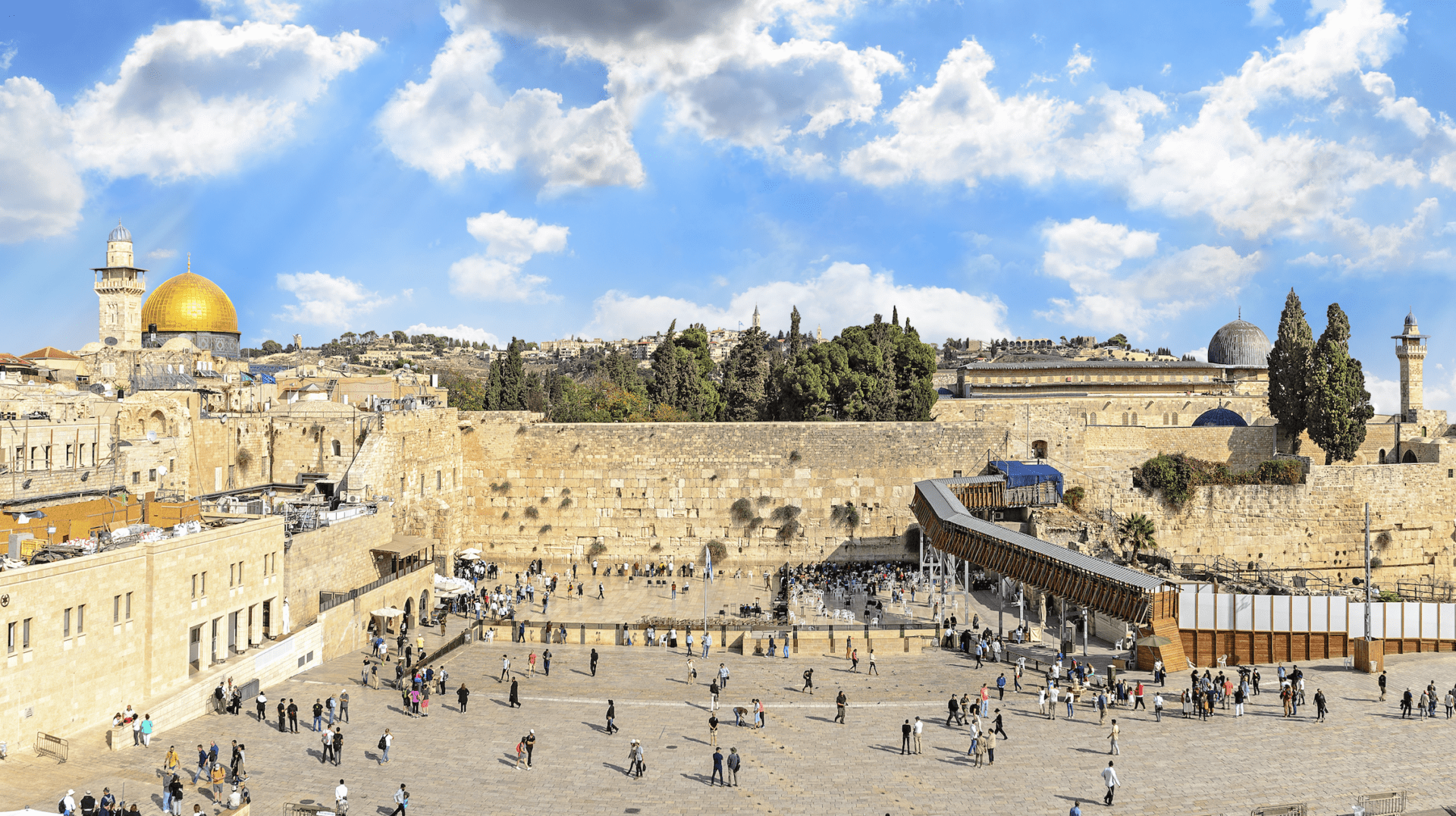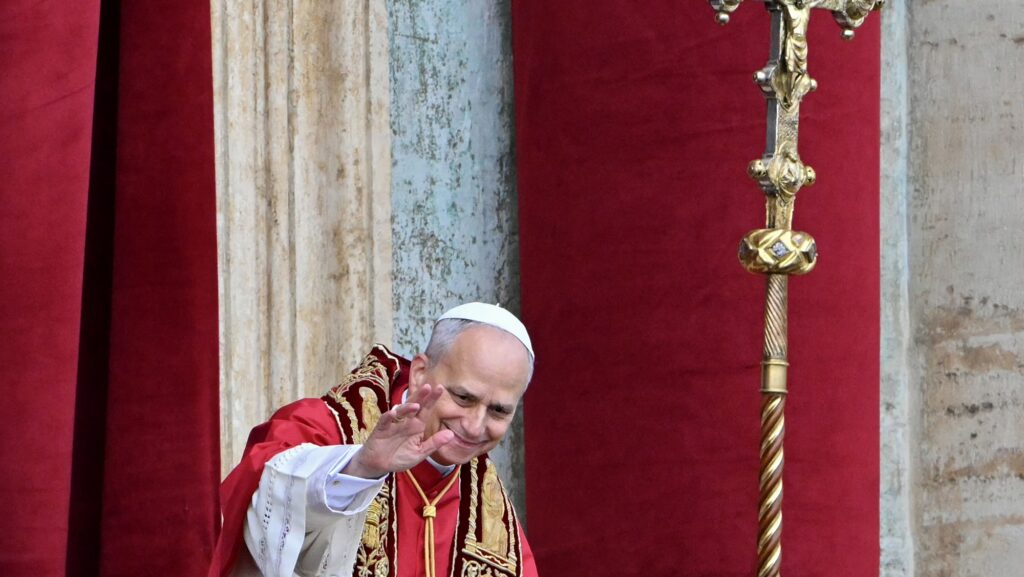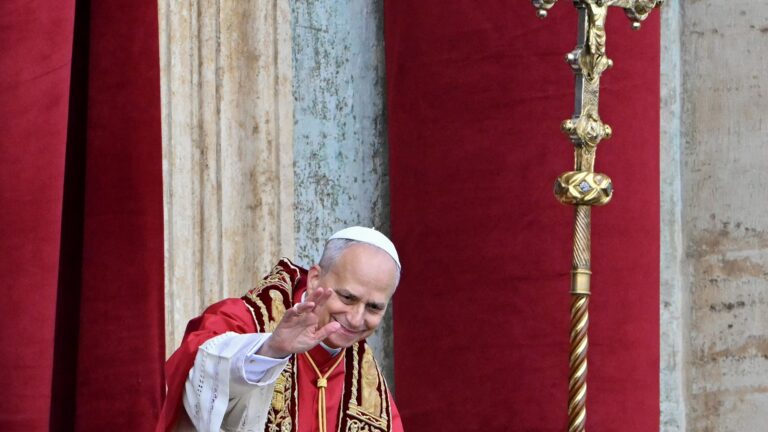The former Israeli correspondent of the liberal New York Times buried ‘the Israel we have known’ in a lengthy article, and since similar opinions have appeared in the Hungarian press, it is worth reflecting on this narrative in a few words. The narrative, in a nutshell, is that until now there was a wonderful liberal democracy in the Middle East, Israel, where Jews and Arabs lived happily together. Gay rights, freedom of the press and the independence of the judiciary were unhindered, and only a few far-right religious Jews wanted to ruin this from their settlements built after the 1967 war. (There was an earlier version of this narrative: that the Jewish state was a socialist utopia where the new, non-Soviet communist world was being built in the kibbutzim, but this has since been dropped).
Now, however, with the return of Benjamin Netanyahu, and the elevation of the religious-nationalist Itamar Ben-Gvir and Bezalel Smotrich to a prospective governing coalition, the ‘Jewish fascists’ have come to destroy this once beautiful country (see the title of the New York Times article). The narrative is that they will impose a religious dictatorship, destroy US-Israeli relations, abolish the independence of the judiciary, abuse gays and persecute the Arab minority.
Although 40 per cent of the Jewish population describes itself as ‘secular’, even they observe the main religious and national holidays
The above narrative has always been wrong, but the recent election results have only made it clearer that Israel is not what Washington, Brussels or Berlin imagine it to be. Although 40 per cent of the Jewish population describes itself as ‘secular’, even they observe the main religious and national holidays. According to an article by Israeli political philosopher Ofir Haivry, 95 per cent of Jewish families in Israel keep a mezuzah in their homes, and 98 per cent of families have their sons circumcized on the eighth day after birth. By comparison, how many people in Hungary get their children baptized or hang a cross at home? So why should we be surprised that Israel has a national-religious government?
Israel is not a secular state, the church and the state are not completely separate, and indeed the state rabbinate has a say in matters such as marriage, divorce and conversion. During Shabbat, life in the country comes to a standstill. Young people do military service, and those who do not serve, apart from the left-wing draft dodgers, are probably religious themselves. Tel Aviv has a large gay community, but the same can be said of Budapest and Warsaw—that doesn’t make Hungary or Poland left-wing. The remainder of the Jewish population falls somewhere on the religious spectrum, from Masorti traditionalists to ultra-Orthodox haredim. Moreover, the demographic trends only reinforce this picture, with one in three Israeli Jews being ultra-Orthodox by 2050. The fact that at least three religious parties have entered the Knesset and can be governmental actors is not the result of a religious fanatic sect taking power, but of a normal, organic development.
The scaremongering about the deterioration of US-Israeli relations is odd, since the relationship started to worsen first after Barack Obama threw the Middle East under the bus for Iran, and now Joe Biden wants to restore a nuclear deal whose only apparent purpose is to give Iran easy and quick access to nuclear weapons. If anything, it is these actions that will be bad for the US-Israeli relationship, and it will be interesting to see how the US ambassador in Israel will put some ‘pressure’ on the Jewish state in the future (the same way they have been talking about putting ‘pressure’ on Hungary recently).
Let’s look at the legal system: the state attorney general has had a say in things like the appointment of chiefs of staff in the past, but former attorney general Avihai Mandelblit also showed in previous election campaigns what hell a biased man in his position can give the democratically elected prime minister of Israel.
The Israeli Supreme Court is not trusted by at least half the population. In 2020, the Supreme Court struck down a 2017 law that made it easier to legalize settlements. ‘Settlements’ is of course an outdated word: in Jerusalem one end of a street is within the 1948 borders and the other end of the same street should be Jordan under ‘international law’. One can drive to the West Bank without any problems, where ‘settlements’ sometimes mean large cities with a complete institutional system and universities. More than half a million ‘settlers’ live in hundreds of ‘illegal’ settlements, making up almost 7 per cent of the population. What does the ‘international community’ want to do with them? Send them ‘home’?
It is obvious that the Supreme Court needs reform and the settlers’ demand for a greater voice in Israeli public life is understandable and legitimate.
And it is pointless to say that the Israeli far right uses ‘anti-Arab’ rhetoric. It would be difficult to cite how many Palestinian public figures have defended terrorism in the past, and have supported, directly or indirectly, organisations that finance or carry out terrorism. 40 per cent of the Palestinian population believe that violence is acceptable to defend Islam (Pew, 2015). Fatah, which leads the Palestinian Authority, is a party with its own terrorist organisation (the Al-Aqsa Martyrs Brigade). Once again, they are not Hamas, they are not Islamic Jihad, they are not in Gaza, they are the supposed ‘peace partner’. During this last election the Hadas-Ta’al party got into the Knesset, which is essentially campaigning against the founding idea of the Jewish state, Zionism, and against the end of the Israeli ‘occupation’. The party’s chairman, Arab lawyer Aiman Odeh, has openly stated that he supported the wave of terror known as the first intifada (claiming around 200 Jewish victims) and that his own brother was killed during the second intifada.
Who is an extremist then? The Jewish party during whose rallies a few extremists occasionally shout ‘death to the Arabs’, or the organisation that maintains a terror group and the party that essentially aims to dismantle the country (make no mistake, ‘occupation’ does not only refer to the territories occupied after 1967). In Hungary, would we tolerate a party in parliament that undermines the foundations of the Hungarian state as an official party faction? I believe Israel is tolerant enough to put up with such a party.
The criticism of Israel by the globalist press is once again biased and reflects only their utopian, self-imagined world view, which Israel simply does not resemble and wants to have nothing to do with.
Israel has not been hijacked by ‘Jewish fascists’; it is simply the way it is, and there is probably nothing wrong with that.







